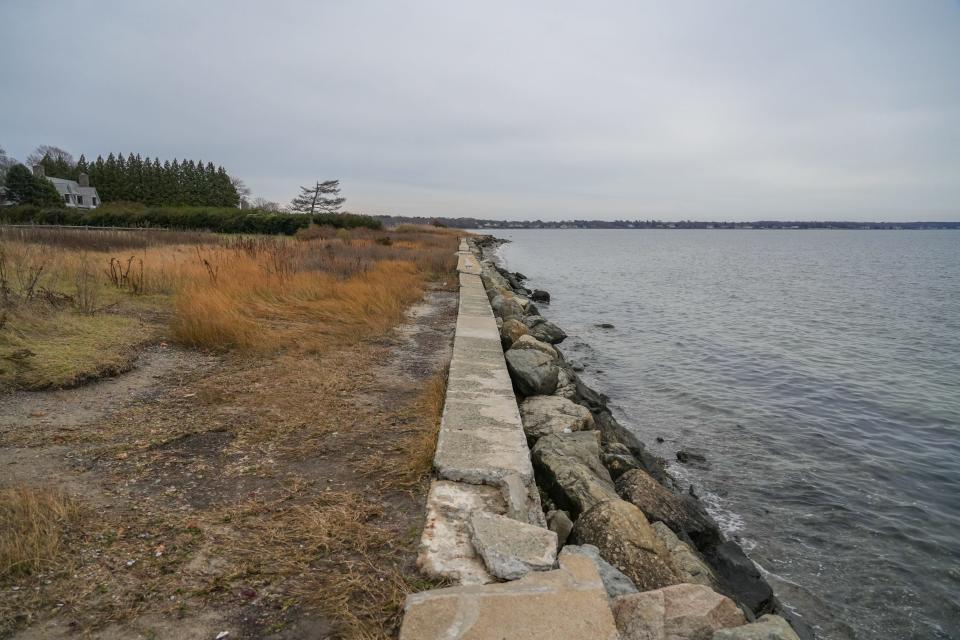Riding on last year's victory, these new bills would expand RI's shoreline access even more
Shoreline access advocates scored a major victory during last year's legislative session, but there's still room for improvement.
That's the message behind a new package of bills, introduced by Rep. Terri Cortvriend, D-Portsmouth, and Sen. Victoria Gu, D-Charlestown, that would ensure that buyers of waterfront properties are aware of the public's rights to the shore and provide new opportunities to establish public rights of way.
“Last year we finally clarified and defined the public shoreline, allowing Rhode Islanders to comfortably enjoy their constitutional right to enjoy our coasts,” Cortvriend said in a statement. “But we still have work to do to protect our public access to the shore by preserving our rights of way."

Requiring disclosures for buyers of oceanfront property
S 2185 and H 7376 would require people who buy shoreline property to sign a disclosure form indicating they are aware of "the public’s rights and privileges of the shore" as outlined under state law.
In addition, sellers of shoreline property would have to disclose any "conditions of public access" that apply to the property, including whether any rights of way cut across it or are located next to it.
As evidence of why the bill is needed, the sponsors pointed to a recent incident in which a Barrington couple purchased a home without realizing that a state Coastal Resources Management Council permit from the 1980s gave the public permission to access their seawall.
More: CRMC: Barrington couple must allow public access to their seawall
Preserving public access on abandoned roads
S 2641 and H 6745 would require cities and towns to vote on whether to retain a public easement when they abandon roads that have "ceased to be useful to the public."
Doing so would allow such roads to be used as walking, hiking or biking trails. As The Providence Journal previously reported, state law currently forces municipalities to either maintain roads or abandon them altogether, with no middle ground.
"This option could help towns retain access to the shore at a time when sea level rise and frequent flooding is prompting them to consider abandoning low-lying coastal roads," noted the lawmakers' news release.
It would also have implications for old, forgotten roads through rural and wooded areas that were never paved and aren't passable in a car – but are technically still open to the public and sometimes used by hikers and adventurous cyclists.
More: Who rules RI's forgotten old roads? Advocates push to preserve public access
“This bill is a great step forward,” Michael Rubin, a former Rhode Island assistant attorney general and shoreline access advocate, said in a statement. “It embodies the concept of doing no harm. Too often when towns abandon roads it harms the public by reducing access. This bill will allow those roads to continue to serve recreation and access to our natural resources.”
Expanding CRMC's ability to desginate shoreline rights of way
S 2634 and H 7750 would repeal an obscure law that states: "No right of footway, except claimed in connection with a right to pass with carriages, shall be acquired by prescription or adverse use for any length of time."
Under that law, only pathways that were historically used by carriages or vehicles can be designated as public rights of way, the news release explained. Repealing it would allow the CRMC to also designate historic footpaths as rights of way.
In addition to introducing the package of bills, Cortvriend and Gu are pushing for next year's budget to include funding "to allow the CRMC to dedicate more resources to rights-of-way research and designation, take enforcement action for existing rights of way, pay for rights of way signage and take down unauthorized snow fences," the release stated.
This article originally appeared on The Providence Journal: How shoreline access rights could change this year in RI
